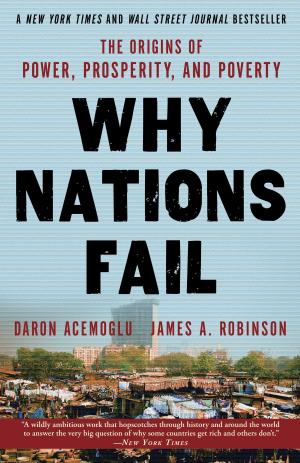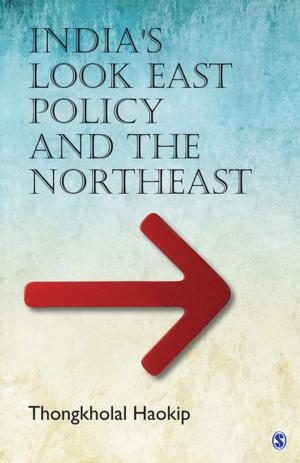October 1917 Revolution
A Century Later
Nonfiction, History, Revolutionary, Asian, China, Social & Cultural Studies, Political Science, International| Author: | Samir Amin | ISBN: | 9781988832067 |
| Publisher: | Daraja Press | Publication: | September 11, 2017 |
| Imprint: | Daraja Press | Language: | English |
| Author: | Samir Amin |
| ISBN: | 9781988832067 |
| Publisher: | Daraja Press |
| Publication: | September 11, 2017 |
| Imprint: | Daraja Press |
| Language: | English |
Great revolutions make history. Conservative resistance and counter-revolutions only delay their progress. The French revolution invented modern politics and democracy, the Russian revolution paved the way for the socialist transition, while the Chinese revolution connected the emancipation of those peoples oppressed by imperialism with the path to socialism. These revolutions are great precisely because they are bearers of undertakings that are far ahead of the immediate demands of their time. beacons that illuminate the still unfinished struggles of the peoples for the realization of these goals. It is impossible to understand the contemporary world by ignoring these great revolutions. To commemorate these revolutions, says Samir Amin, one needs both to assess their ambitions (the utopia of today will be the reality of tomorrow), and to understand the reasons for their temporary setbacks. Conservative and reactionary minds refuse to do so—they wish us to believe that great revolutions have been nothing more than unfortunate accidents, that the peoples who have made them were carried away by their deceitful enthusiasm, diversions from the normal current of history. This collection of essays helps to situate the lessons of the October 1917 Russian Revolution from a perspective of 100 years.
Great revolutions make history. Conservative resistance and counter-revolutions only delay their progress. The French revolution invented modern politics and democracy, the Russian revolution paved the way for the socialist transition, while the Chinese revolution connected the emancipation of those peoples oppressed by imperialism with the path to socialism. These revolutions are great precisely because they are bearers of undertakings that are far ahead of the immediate demands of their time. beacons that illuminate the still unfinished struggles of the peoples for the realization of these goals. It is impossible to understand the contemporary world by ignoring these great revolutions. To commemorate these revolutions, says Samir Amin, one needs both to assess their ambitions (the utopia of today will be the reality of tomorrow), and to understand the reasons for their temporary setbacks. Conservative and reactionary minds refuse to do so—they wish us to believe that great revolutions have been nothing more than unfortunate accidents, that the peoples who have made them were carried away by their deceitful enthusiasm, diversions from the normal current of history. This collection of essays helps to situate the lessons of the October 1917 Russian Revolution from a perspective of 100 years.















